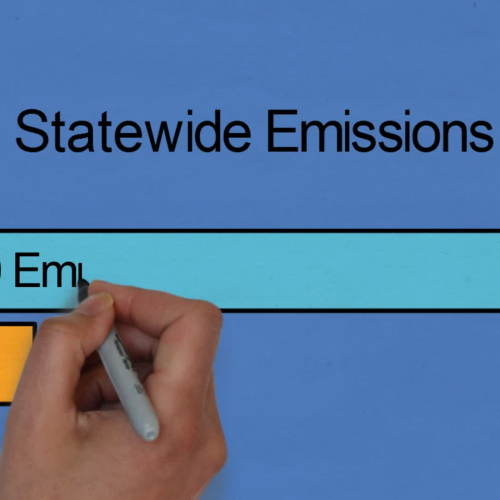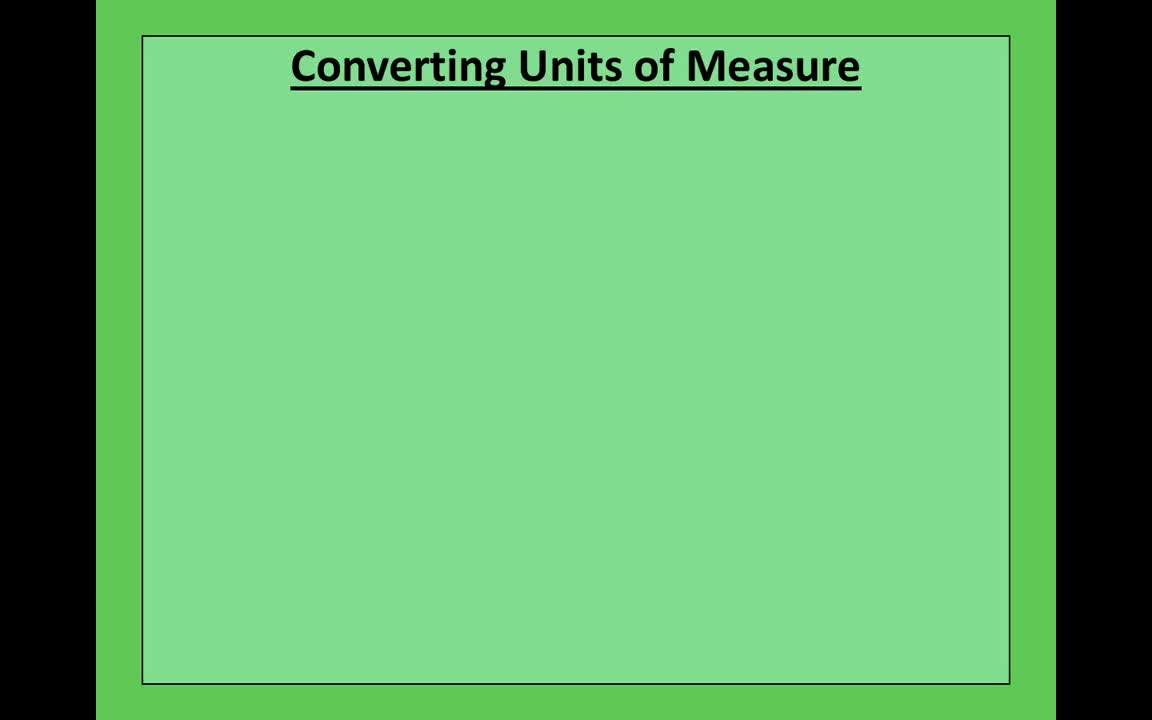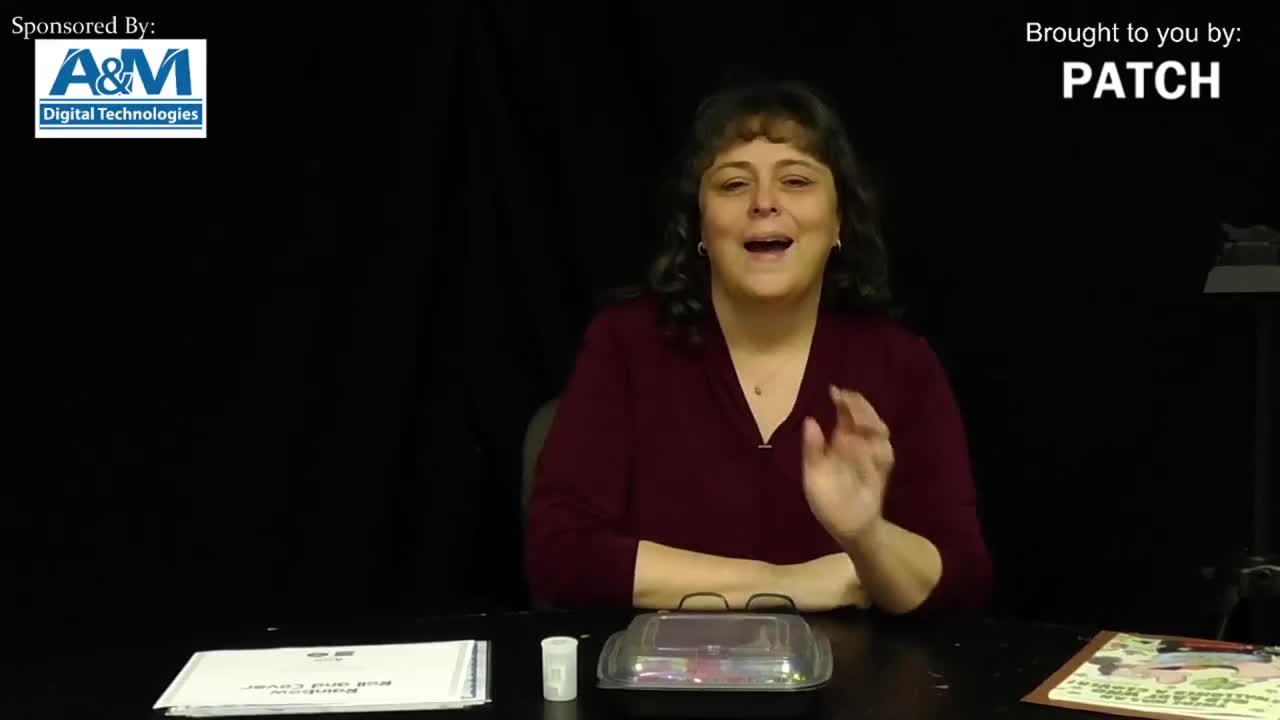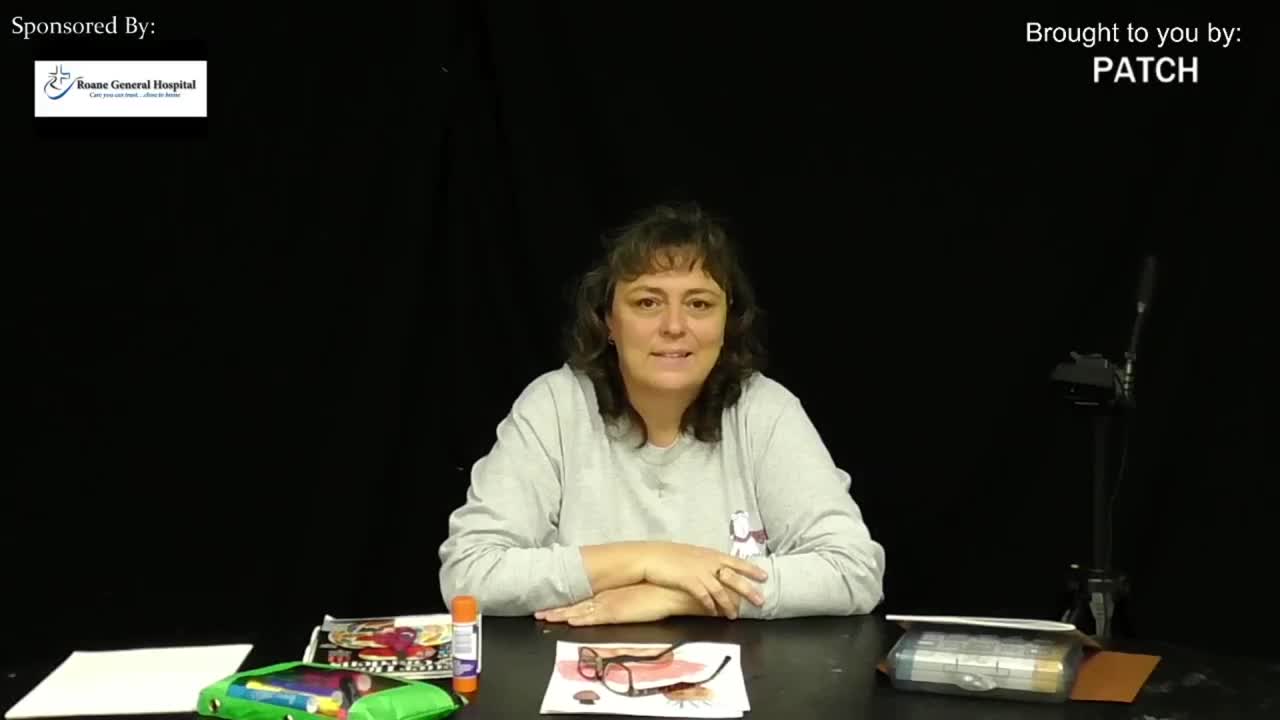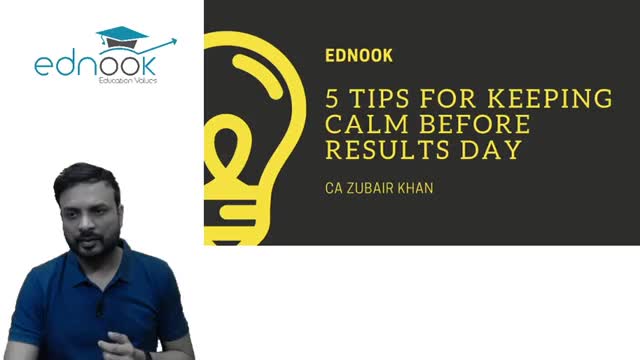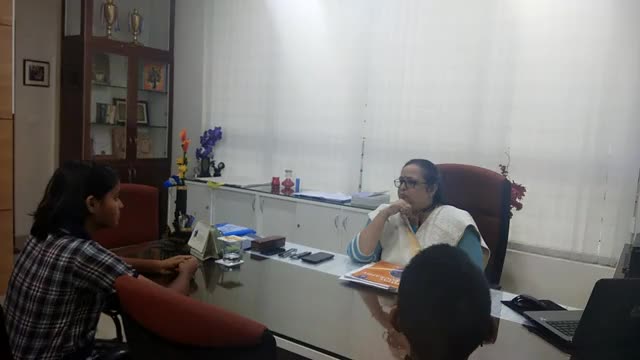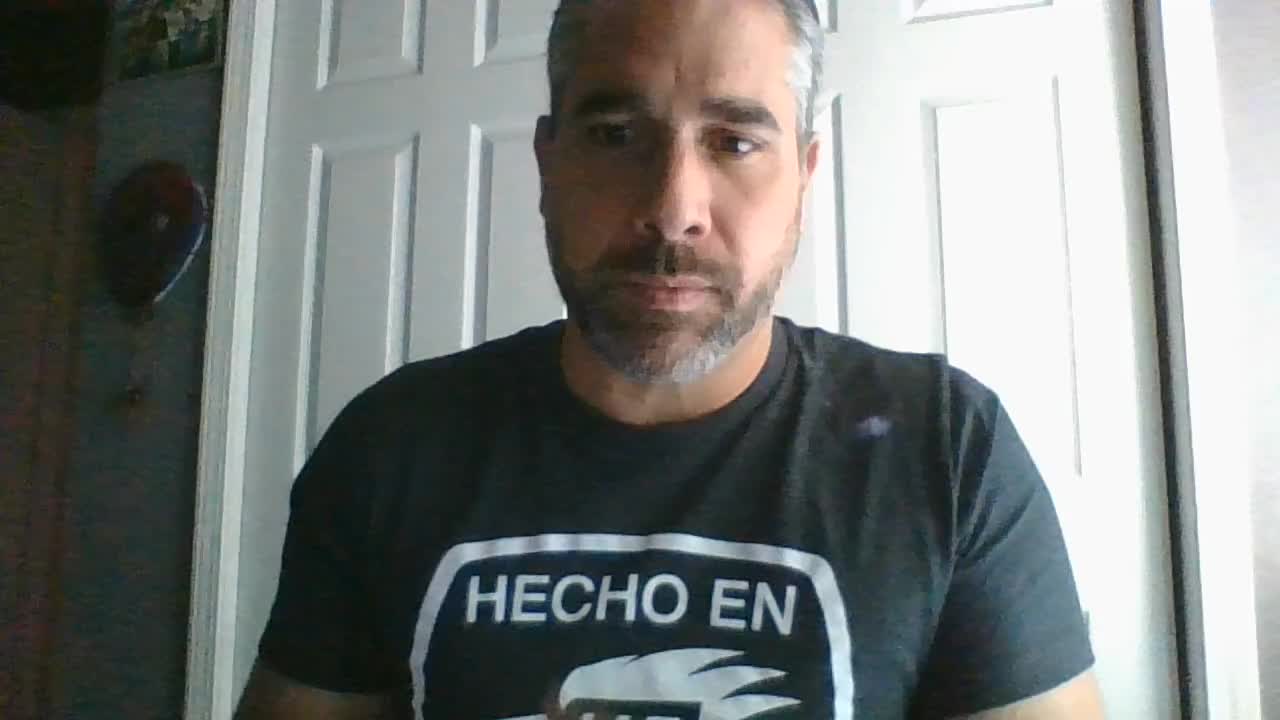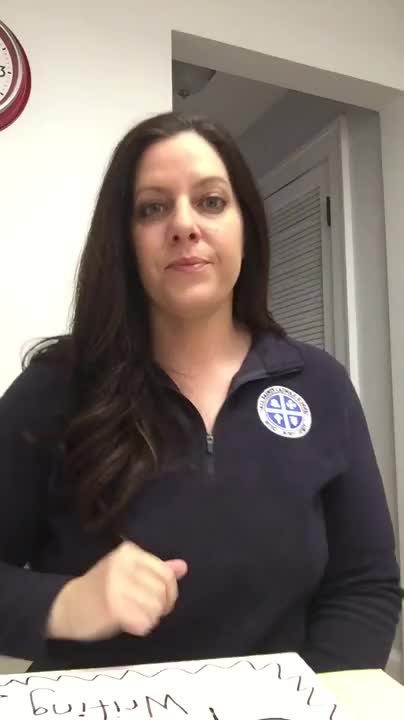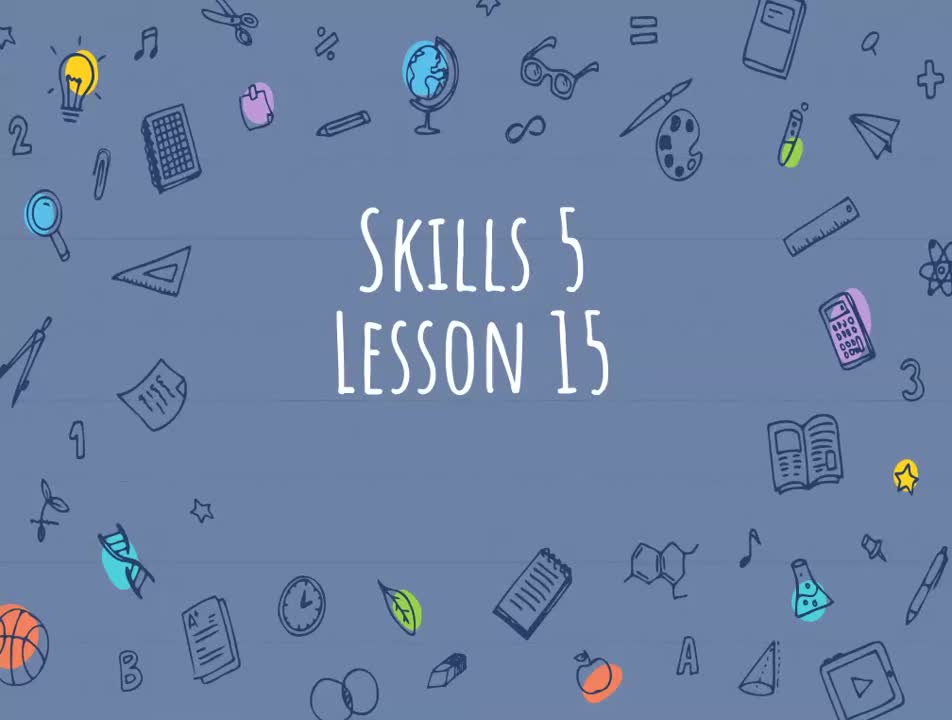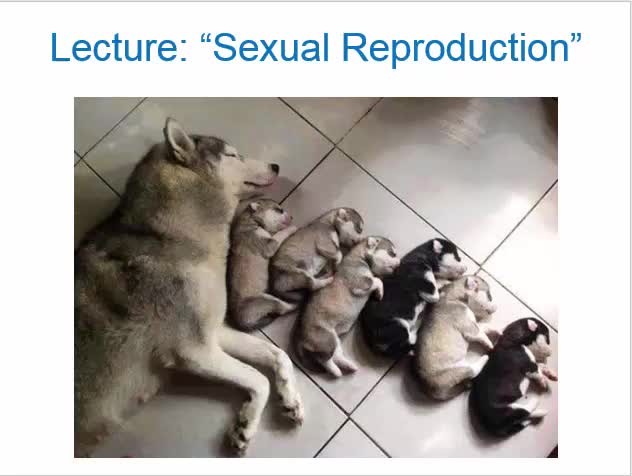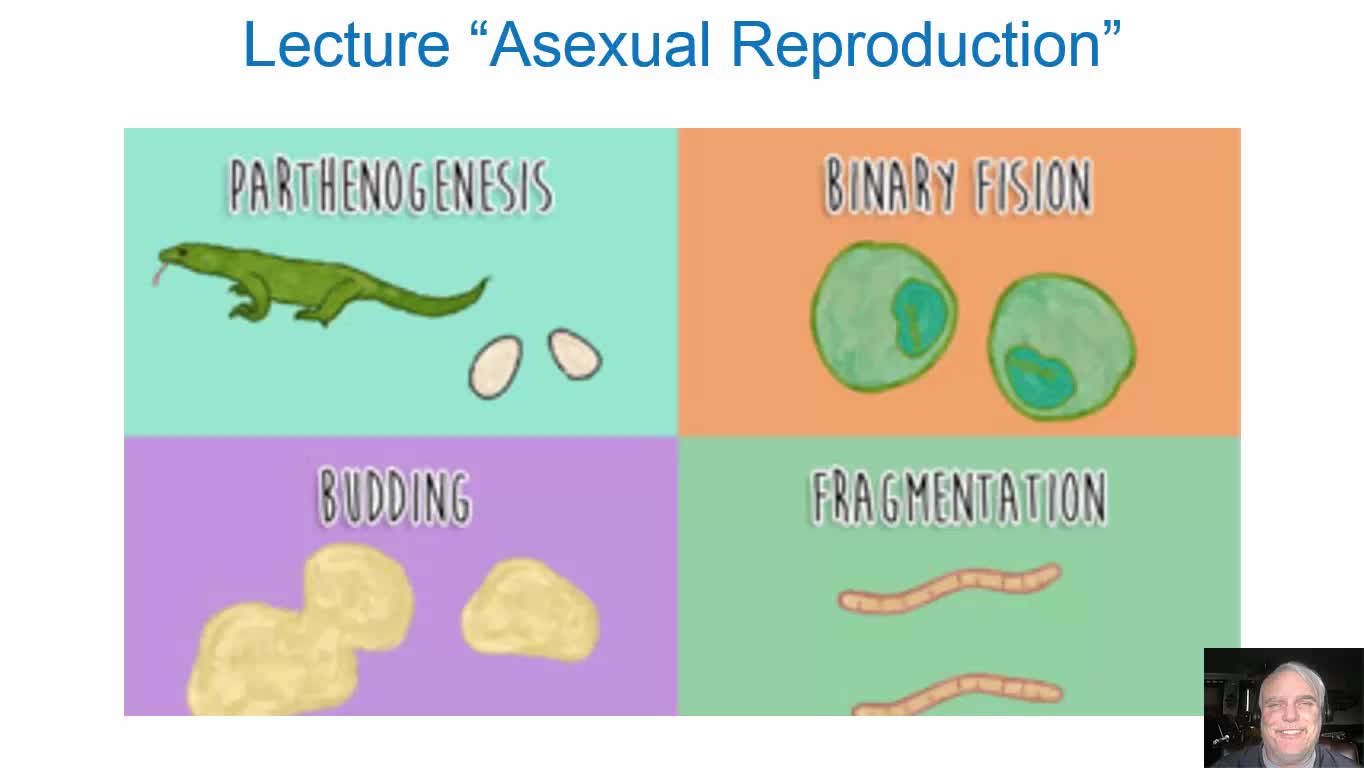College and University > Ethics Videos
When people hear the word “ethics”, they usually think of knowing right and wrong. To others, it’s about following laws or rules. For example, if one is a law-abiding citizen, he is considered “ethical,” while those who do not play by the rules are called “unethical.”
Well, they’re not wrong. At its core, ethics is just a set of moral principles that affect the choices people make throughout their lives. As a subject, it discusses what is right, what is wrong, what is good, and what is bad for individuals and society. Ethics lessons would also include people’s rights as well as their duties.
Ethics can be applied in many different situations, from private to public. In the home, ethics drives how parents discipline their children, for example. Ethics also defines how children treat their parents, teachers, and each other. In fact, elementary-level lessons on ethics ought to focus on these things, teaching kids how to have good manners. These are basic things like respecting parents, waiting for one’s turn, asking permission before borrowing something, and being honest at all times. This fundamental form of ethics should also be taught at home as well as in school.
A deeper study of ethics explores the sources of moral codes. In other words, who defines what is right and what is wrong? How does one know for sure? Higher ethics subjects deal with things like religion, culture, and civilization to pinpoint the origins of the moral laws we value today.
As one goes higher up the ladder of education, discussions on ethics become all the more mind-boggling. However, one thing is very certain: the core of ethics is having concern for others. In general, ethical principles are not selfish; they consider the needs of other people, putting a premium on them as well.




